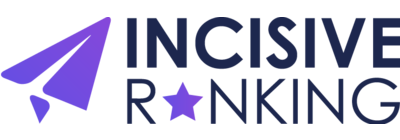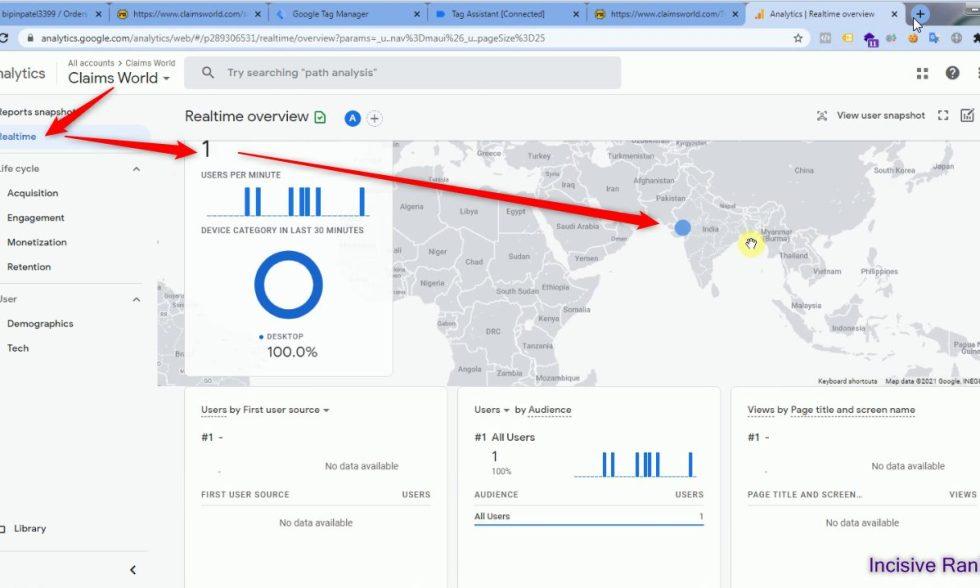No products in the cart.
Server side tracking has become an essential aspect of data collection in the digital age. Unlike client side tracking, which relies on tags and pixels embedded in a website's code, server side tracking involves sending data from these tags to a web server. This method offers several advantages, including improved reliability, control, accuracy, and application and device performance.




